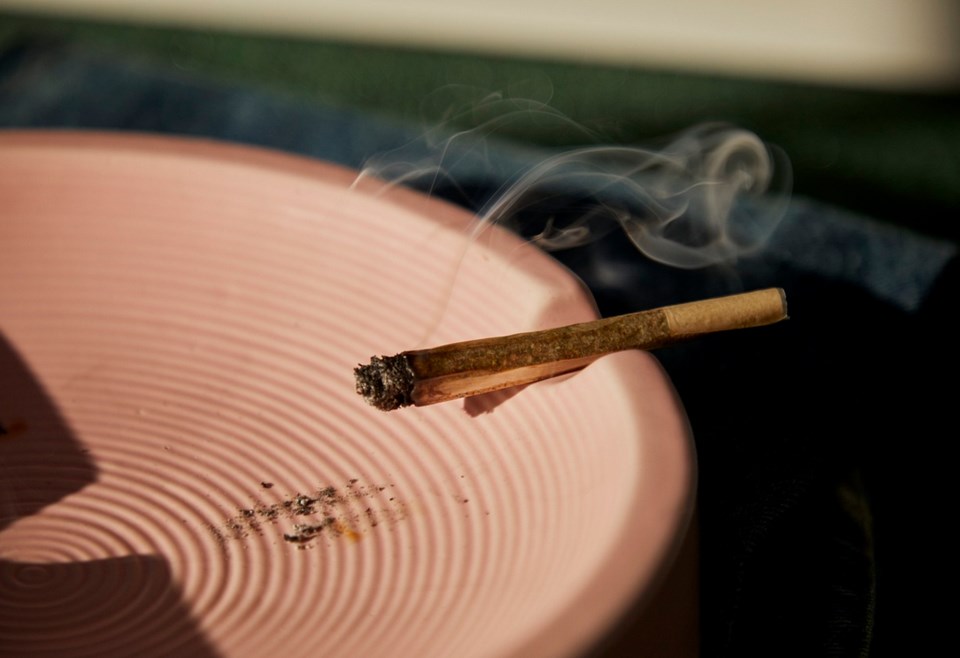Will Delta residents be able to go to a lounge or other venue to socialize and have a cannabis-infused edible treat?
That remains to be seen as the B.C. government has released public survey results on a proposal to allow cannabis consumption spaces.
In spring 2022, the Ministry of Public Safety and Solicitor General invited Indigenous partners, stakeholders and anyone living in B.C. to provide their thoughts on non-medical cannabis consumption spaces. A summary of the feedback is now available online in a “what we heard” report.
In a news release, Mike Farnworth, Minister of Public Safety and Solicitor General, said the report provides valuable insights into people’s perspectives on cannabis and will help guide the government’s work to support a strong, diverse and safe legal cannabis sector across the province.
According to the report, overall, 61 per cent of telephone survey respondents and 34 per cent of online survey respondents supported cannabis consumption spaces.
The report notes that the differences between results from the telephone and online surveys may be partly due to the research methods used, with the online survey at greater risk of self-selection bias, whereas telephone survey respondents were selected via random sampling.
The report also notes most people who use cannabis were in support of consumption spaces, as were cannabis retailers, producers and industry associations who provided written submissions.
In contrast, consumption spaces were generally not supported by people who do not use cannabis and from some public health and safety organizations or local governments who provided written submissions.
The survey also found that a majority of people who use cannabis reported they would visit a cannabis consumption space to purchase and use cannabis and were most interested in visiting cannabis cafés/lounges.
The province says it is still to be determined whether it will allow consumption spaces, and if so, how it should it be done.
The province last year said consumption spaces could include a business or special event that provides cannabis for on-site sale and use. Examples include cafes, lounges, concerts or festivals, ticketed events and spas.
If allowed, consumption spaces would need to align with provincial public health and safety objectives. For example, indoor smoking and vaping would continue to be prohibited.
A previous government discussion paper notes, “By offering new experiences for cannabis consumers that weren’t a common part of the historical illicit market, consumption spaces could encourage consumers to choose legal sources and help increase the legal market’s share of the cannabis economy.”
The discussion paper also notes that some businesses have expressed an interest in non-medical cannabis being made available at places that also serve alcohol.
Local governments are to have a key role in determining where such spaces should be permitted.
It will remain to be seen if the City of Delta, which has allowed the consumption of alcohol at select parks during the summer, would be even open to allowing the consumption of cannabis at venues.
The city has approved eight non-medical cannabis retail shops with a ninth application still to go to a public hearing. A moratorium on accepting new applications remains in effect.




